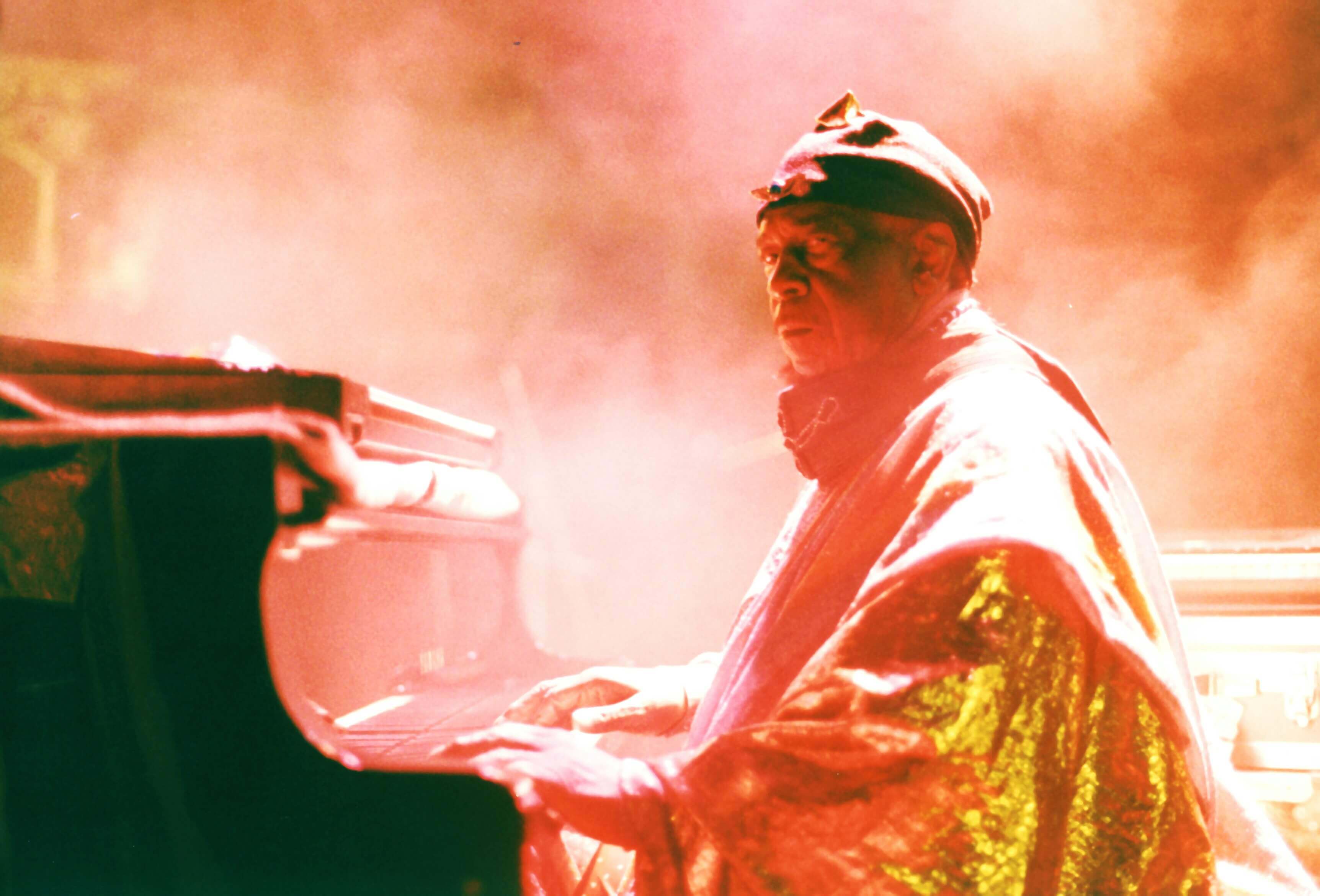
The effect of the federal assault on public broadcasting in the United States has mostly been expressed in big numbers and dire forecasts: $1.1 billion taken back; the existence of more than 100 television and radio stations at risk.
But the cutbacks have already had one smaller, more immediate effect. WGBH, the bellwether public TV station in Boston, has laid off the 13 people who worked on the history series “American Experience” and announced that no new documentaries will be produced for the show until further notice.
Work on six films that had been commissioned and were in production for 2026 was halted in May, said Cameo George, the series’s executive producer. The filmmakers were told that their projects were being terminated on July 21, the same day the “American Experience” staff was laid off. The documentary’s topics included the national highway system, the G.I. Bill, birthright citizenship and Puerto Rico’s history as a U.S. territory.
The loss of new installments of “American Experience” will not cause the outcry that a sudden interruption in the “Real Housewives” franchise would inspire. But as an ongoing, serious examination of American history on TV, the show is unrivaled. The documentarian Stanley Nelson, who has produced seven films for “American Experience,” said in an online statement in response to the hiatus, “There is quite literally no replacement for this series.”
“At a time when history is trying to be erased by so many different sides, history has just become more and more important,” Nelson said in an interview this week. “It’s not told anywhere with the accuracy, with the time, that ‘American Experience’ gives to the filmmakers to try to reinterpret history and get history right. That disappearing, even if it’s for a short time, at this time is a shame.”
[...]
Discussions of the federal clawback have focused on the consequences for small stations. But the interdependent nature of the public system, in which member stations pay dues to PBS that the network then uses to buy programming made by the large stations, means that what affects one station affects all. “It’s sort of like pulling on a ball of yarn,” Goldberg said. “It’s all interconnected.”
And a pause, or worse, in a series like “American Experience” affects not just PBS, WGBH and their viewers, but the hundreds of documentary filmmakers who lose one of the few reliable outposts for serious work.
“It wasn’t so much market driven,” Nelson said of the luxury of making films for “American Experience.” “It didn’t have to be true crime or romance or celebrity profile. It was history for the sake of telling history, and the idea that American history in and of itself is something that can be entertaining.”
Read more at The New York Times.
Sun Ra photo by Hans Kumpf.

